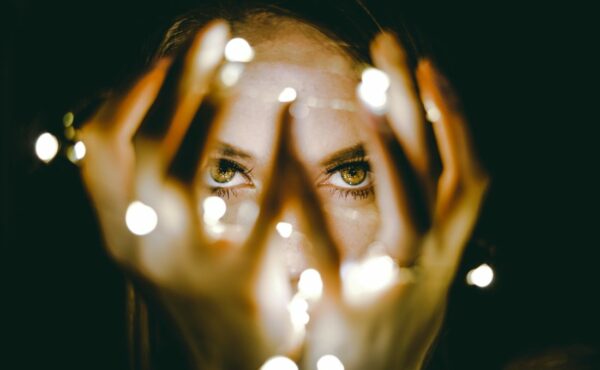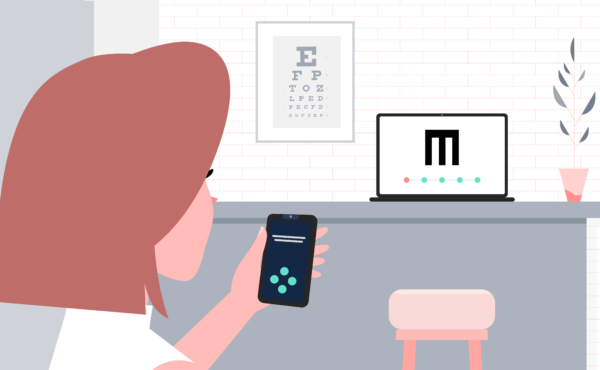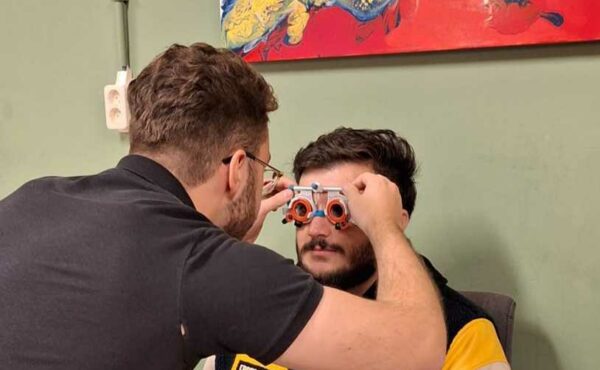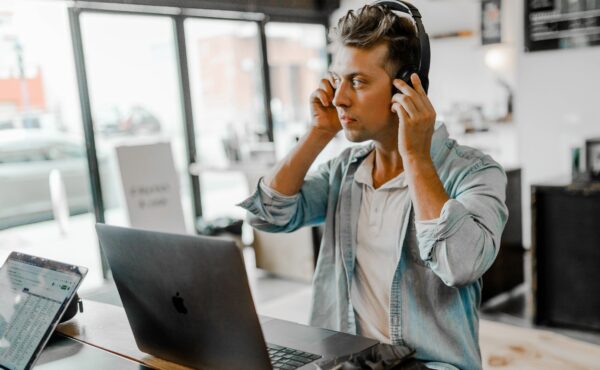Posted on 03 10 19
Night Vision
How Do Our Eyes See In The Dark
Usually our eyes have no problem adapting to different light conditions. It doesn’t matter if you’re a surfer riding the waves in Mexico or a vampire hunting at twilight. However, you have probably experienced that it takes some time for your eyes to adapt to darkness, and still you don’t see as sharp as you would in a well-lit environment.
But why is this? First things first, the act of seeing begins when light enters the eye. The light triggers light-sensitive cells in the retina. From there, signals travel to the brain along the optic nerve. The brain then makes sense of the signals, giving us the experience of seeing. Vision adapting to different light conditions is mostly affected by the following:
Rod and cone cells are the above-mentioned light-sensitive cells on the retina. Rods can be triggered by a tiny amount of light and are responsible for night vision. They help you detect contrast and lines. Cons, on the other hand, need a lot of light to be triggered and enable you to see color and fine details. Therefore, you may be able to distinguish an object in the dark but still fail to tell what color it is.
Rhodopsin is the photopigment, a light-sensitive chemical, used by the rods. It has a very important role in night vision and adjusting to low lighting conditions.
The pupil – It will get very small in bright light to physically block the amount of light reaching the retina and will open wide in the darkness to allow more light to enter. Try pointing a flashlight at someone’s eyes and you can see this process in action (but do remember to warn them in advance).
Seeing well in the dark is important to your safety. There are a few things you can do to help your eyes to adapt to darkness, such as wearing sunglasses on a bright day and avoiding looking directly into bright lights. A fun fact; vitamin A is the primary source of rhodopsin and the lack of rhodopsin can result in night blindness. If you do experience difficulties with vision in the dark, turn to your healthcare professional for further advice.



